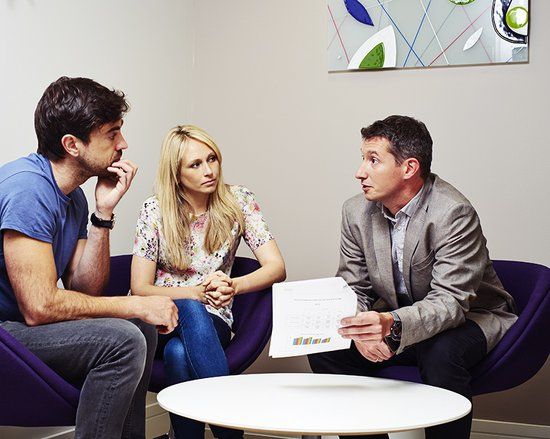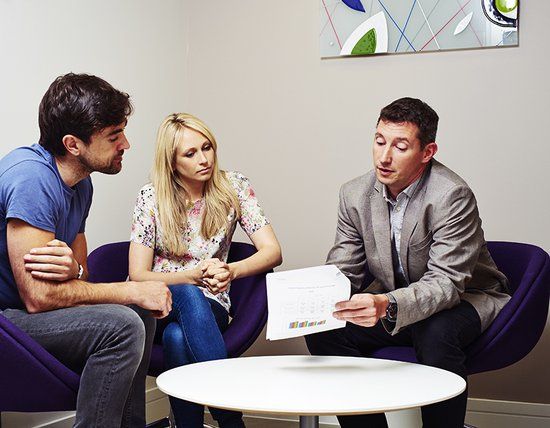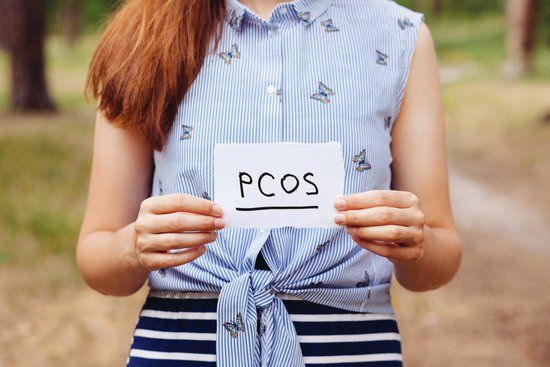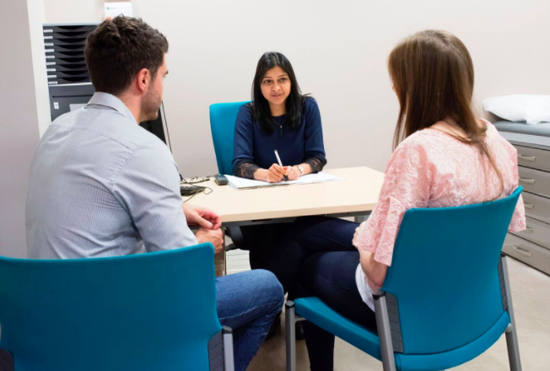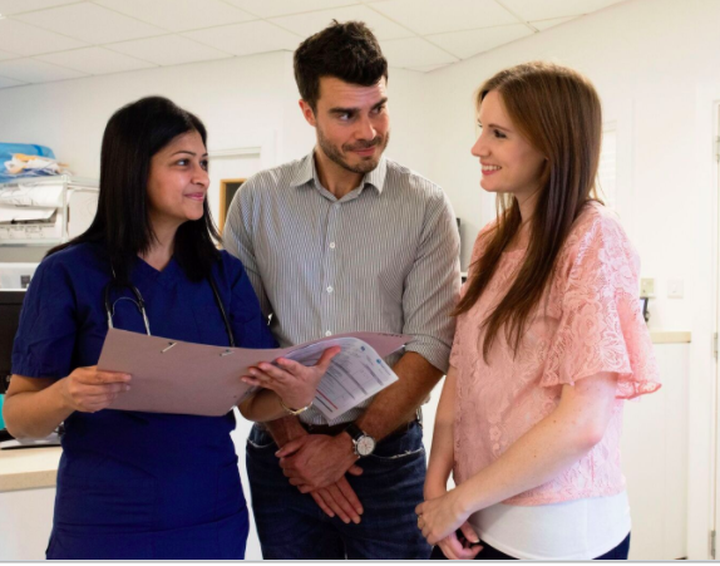
If you have PCOS – or Polycystic Ovarian Syndrome – you may find you need help to get pregnant, because of how it affects ovulation and your body.
Although it’s a common cause of fertility problems, PCOS doesn’t mean you can’t have a baby, but you may find it more difficult to get pregnant naturally. This is because women with PCOS don’t ovulate regularly, and have an irregular menstrual cycle. Some women with PCOS don’t ovulate at all.
For PCOS Awareness Month, here’s our advice on what to do if you have the condition and want to have a baby:
PCOS and getting pregnant naturally
PCOS doesn’t just make it harder to conceive because of ovulation issues – it can also cause weight gain, which also affects fertility. So if you’re planning to try for a baby naturally, there are a number of things to consider first:
- Your BMI: If your BMI is high, try to take active steps to reduce your BMI before trying to get pregnant.
- Your age: Don’t forget that your age also impacts on your ability to conceive. If you’re aged 35 and above, it may be best for you to seek specialist help sooner, rather than trying to conceive naturally, to give yourself the best chance of pregnancy.
- Timing: Because of irregular ovulation, you’ll need to use at-home prediction kits to try and identify when you’re ovulating. You may not ovulate at all in some cycles.
PCOS and fertility: Diet and BMI
At Manchester Fertility we help many women with PCOS to successfully conceive. Treatments for PCOS however need very careful planning, which takes into account the severity of your PCOS and how it affects you individually, particularly its impact on your weight and health.
Unfortunately, women with a high BMI experience lower IVF success rates. A BMI over 35 can make it harder to stimulate your ovaries, affects egg quality, and increases the risk of pregnancy complications.
Therefore, we may advise that you reduce your BMI before any treatment begins, to maximise your chances of success.
Our fertility diet and nutritionistworks with many of our patients to help them achieve their health goals before embarking upon fertility treatment, through tailored diet and nutrition plans.
PCOS fertility treatments
Because PCOS affects every woman differently, the treatment you’re offered will depend on your diagnosis and likely outcome. PCOS fertility treatments include:
- Induction of ovulation: Induction of ovulation is where we ensure you have a mature egg ready to fertilise. Tailored doses of fertility medications are used to stimulate your ovaries to produce and release a mature egg. We’ll identify ovulation through blood tests and scans; you can then either attempt to conceive naturally, or through intrauterine insemination at our clinic.
- IVF: Dependent upon your age and severity of PCOS, IVF may be advised. Your eggs are fertilised in our laboratory by your partner’s sperm or donor sperm. The best quality resulting embryo is then transferred back into your uterus to implant for pregnancy. If your partner also has sperm issues, we can perform ICSI – where a single healthy sperm is injected directly into the egg to fertilise it.
- Treatment with donor eggs: Some women with PCOS find they can’t get pregnant using their own eggs in treatment, because of issues with egg quality. Using donor eggs offers a way to have a baby, and at Manchester Fertility we have no waiting list for fresh or frozen UK donor eggs.
PCOS and using fertility drugs
If you have PCOS you may assume you can’t take fertility medications because the condition can increase the risk of developing Ovarian Hyperstimulation Syndrome – which is when the ovaries over-respond to fertility medication and produce too many mature eggs.
But at Manchester Fertility we very effectively reduce your risk, by using only the minimal doses of fertility drugs you need to produce eggs. By providing tailored and gentle stimulation, combined with careful and thorough monitoring of you during this phase, we can ensure a safe response despite your PCOS diagnosis.
PCOS fertility help and advice in Cheshire, Manchester and the North West
Speak to a Patient Advisor on 0161 300 2737 to discuss your options or book in for a private, free no obligation one-to-one appointment. We have no waiting lists for consultations or any of our treatments. If you’re ready to have a baby with us, you can self-refer here.
Last updated: 13th July 2023


